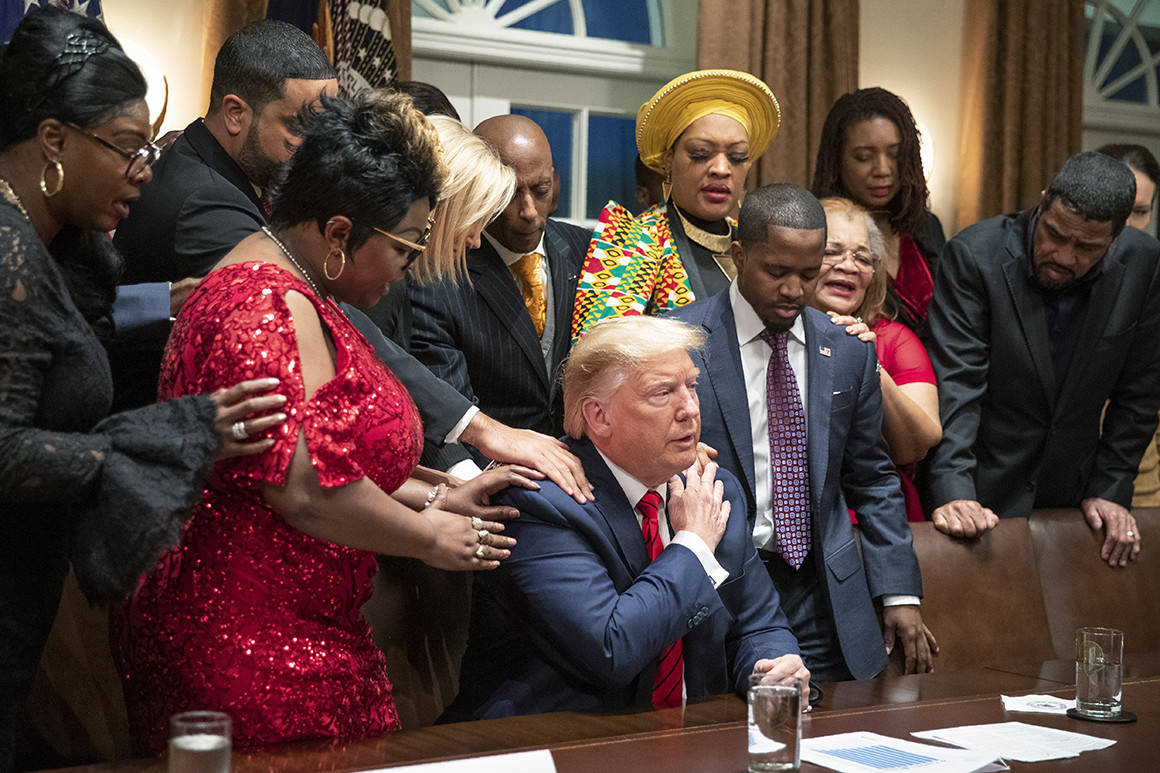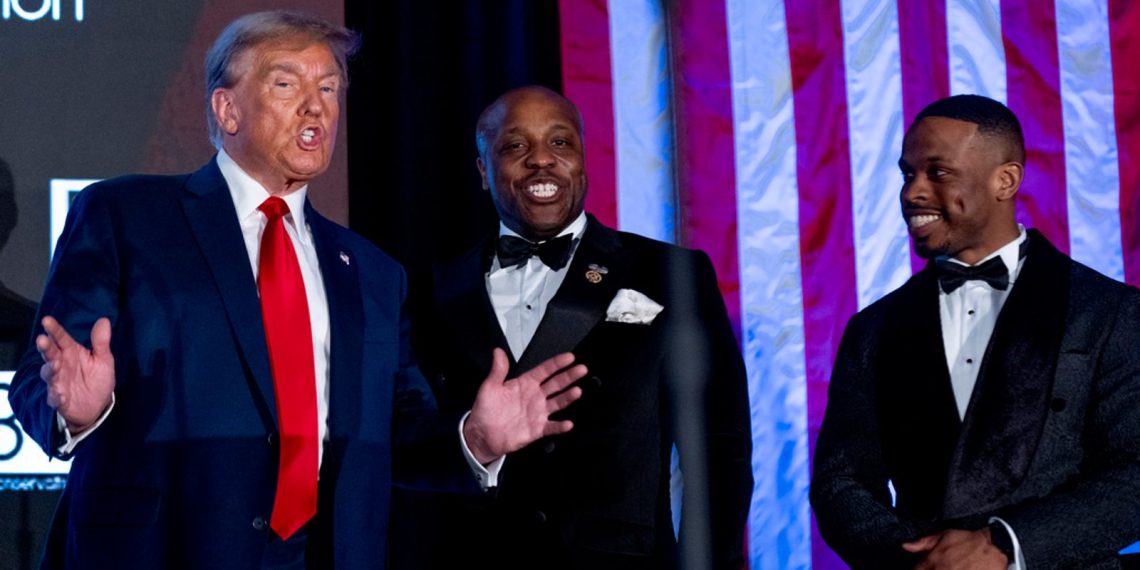Donald Trump’s recent remarks, suggesting Black voters were drawn to him due to his legal troubles, ignited widespread condemnation over the weekend.
Speaking at a Black conservative group event in South Carolina ahead of the state’s primary election, Trump likened his numerous criminal charges to the discrimination faced by Black Americans, implying that they empathized with him.
This assertion prompted backlash from his Republican rival for the presidential nomination, civil rights activists, and other critics.
Former South Carolina Governor Nikki Haley, who has clashed with Trump and is challenging him for the Republican nomination, described his comments as “disgusting.” She emphasized that Trump’s divisive rhetoric could cost the party the 2024 general election if he secures the nomination.
Haley’s concerns echo fears that such rhetoric could alienate voters, particularly in swing states like South Carolina, where Black voters play a crucial role.
Meanwhile, Biden’s victory in the Democratic primary underscored the significance of Black voters in the electoral landscape. Exit polls revealed that a majority of Republican primary participants were white voters identifying as evangelical or born-again Christians.
Trump’s attempt to link his legal woes to Black support was swiftly rebuked by Cedric Richmond, a co-chair of Biden’s campaign, who denounced it as “insulting,” “moronic,” and “racist.”

Organizations like the NAACP and the National Action Network condemned Trump’s remarks, arguing that they perpetuated harmful stereotypes associating Blackness with criminality. Trump’s assertion that his legal battles were somehow in solidarity with the Black community was met with skepticism and criticism.
However, Republican Representative Bryon Donald, who is Black, defended Trump’s comments, suggesting that some Black Americans viewed the legal challenges against Trump as government overreach rather than an indictment of his character.
Trump’s attempt to garner support by equating his legal troubles with the struggles of Black Americans not only drew widespread condemnation but also highlighted the enduring racial tensions in American politics.





